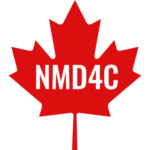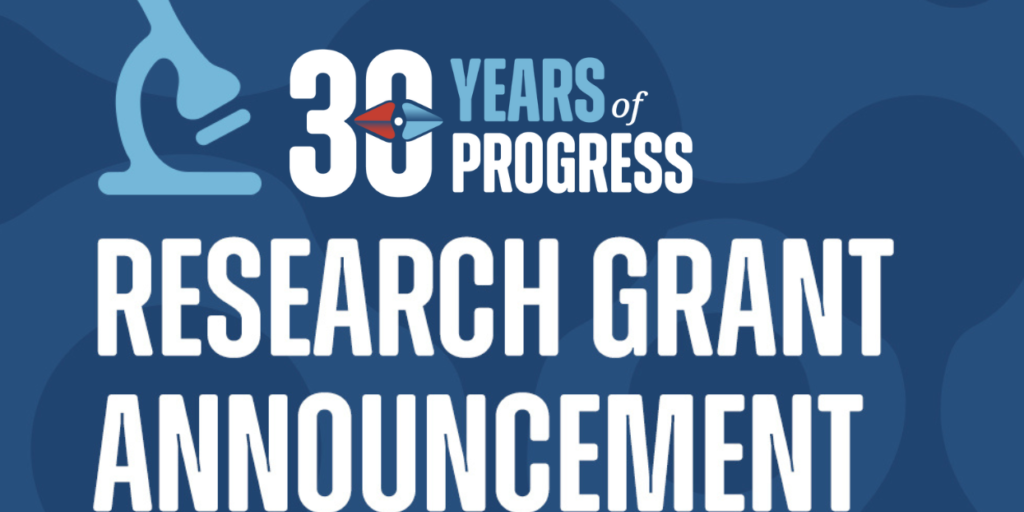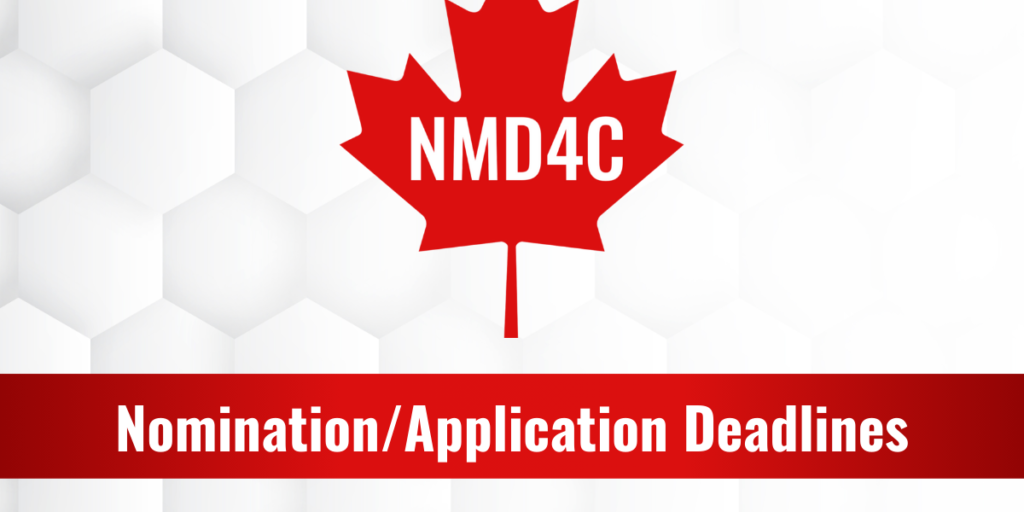Letter to provincial governments regarding SMA therapy outcome measures
The landscape of disease-modifying therapies for spinal muscular atrophy (SMA) in Canada is rapidly changing. Nusinursen (Spinraza), an antisense oligonucleotide, is currently approved for children and, more recently, adults. Two others are currently under review by Health Canada: onasemnogene abeparvovec-xioi (Zolgensma), a gene replacement for children under age 2, and RG 7916 (Risdiplam), a splice modifier.
With these new therapies coming on the scene, it is important to monitor their effectiveness and to collect evidence to help determine which therapy should be chosen for any given patient. However, the current provincial government monitoring requirements are too frequent and there is significant variability between the provinces.
A group of Canadian neuromuscular disease specialists, most of whom are involved in NMD4C, have written a letter to the provincial governments outlining their concerns and recommending an alternative timeline for outcome measurements in patients receiving the therapies.
The full letter is not yet available; it will be published in the Canadian Journal of Neurological Sciences HERE. In the meantime, you can read our summary below.
Written by: Victoria Hodgkinson (NMD4C collaborator) and Kerri Schellenberg (NMD4C member)
Reviewed and approved by: Kristine Chapman, Aaron Izenberg (NMD4C member), Hanns Lochmüller (NMD4C lead investigator), Colleen O’Connell, Erin K. O’Ferrall, Maryam Oskoui (NMD4C investigator), Gerald Pfeffer (NMD4C member), Stephanie Plamondon (NMD4C member), Xavier Rodrigue (NMD4C member), Christen Shoesmith, Jodi Warman Chardon (NMD4C steering committee member), Bernard Brais (NMD4C investigator), and Lawrence Korngut (NMD4C investigator)
Frequency of monitoring
The natural history of SMA is a slowly progressive functional decline. Patients’ function decreases by a statistically significant amount in the matter of years, not months. As such, any decline in outcome measure scores in the span of months is more likely to be due to to inter- or intra-examiner variability (i.e., the normal statistical range of error) or variability in patient effort (i.e., SMA patients have “off days” and “good days” just like anyone else) than due to a true effect of the therapy. This potential artificial decline in outcome measure scores could lead to inappropriate termination of therapy provision.
Human resource strain and patient burden
Motor outcome assessments are time-consuming and personnel-intensive, requiring significant time from physical therapists and/or respiratory therapists with specialized training. As such, there are ethical concerns around mandating that these scarce resources be utilized to provide frequent monitoring for largely stable patients for whom such frequent monitoring is not clinically relevant or evidence-based. Frequent clinic visits can also be fatiguing, time-consuming, and costly for patients.
Collection of real-world evidence and proposition for appropriate monitoring
The Canadian Neuromuscular Disease Registry (CNDR) has a clear plan to assess the effectiveness of novel therapies in a broad population. The CNDR’s SMA working group of expert investigators is currently evaluating specific outcome assessments by way of a Delphi model to determine best practices (manuscript in preparation). They recently agreed that the best timing for outcome measurements is: at baseline, 6 months later, then annually thereafter. This timing is appropriate for clinical monitoring, congruent with available evidence in treated adults, and does not put undue burden on provincial and clinical resources or on patients and families.
The shared goal of the health care system is to provide a standard of care which is acceptable for patients, maintains appropriate resource allocation for all populations, and is feasible for the clinics. The proposed monitoring system achieves these goals.




